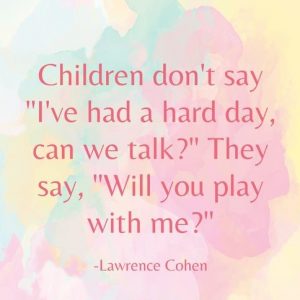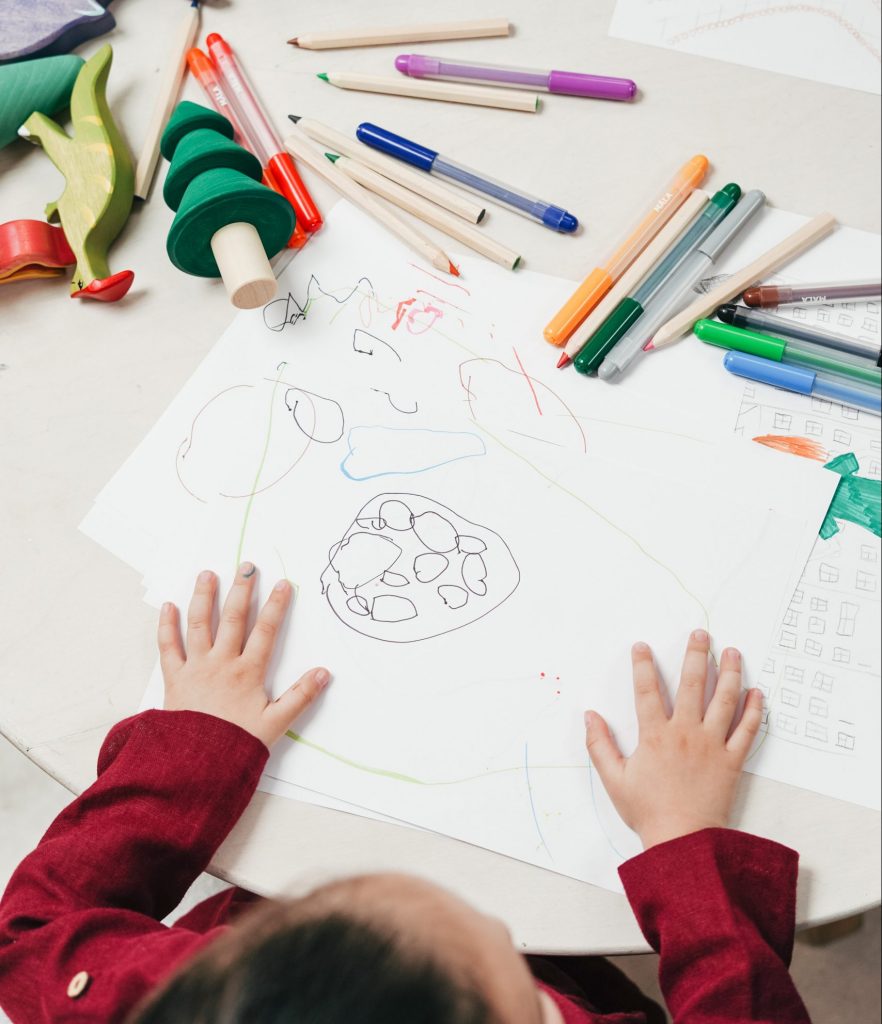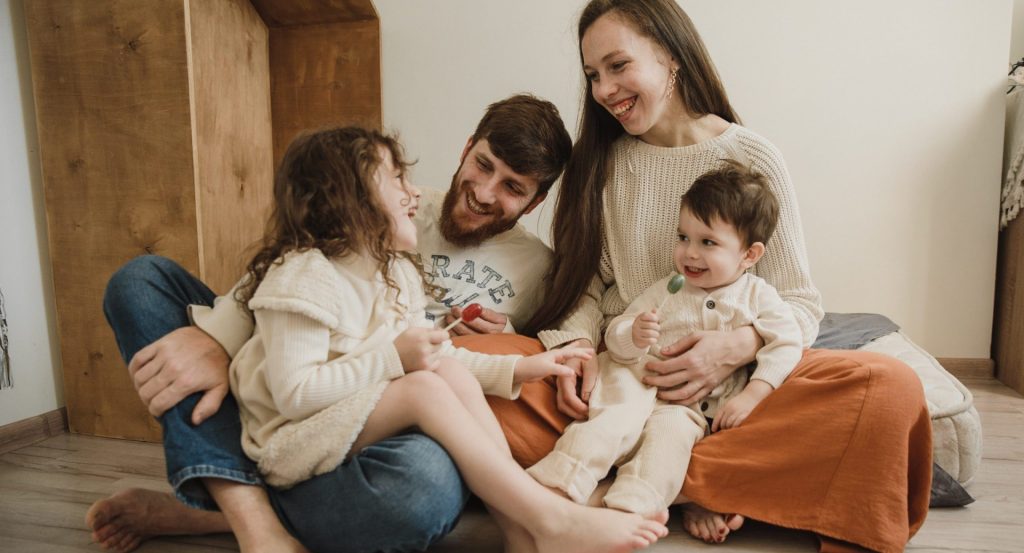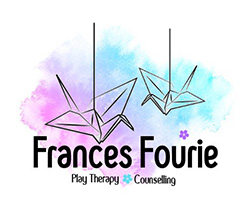
Play therapy offers children a safe and nurturing place to ‘play out’, rather than ‘talk out’, their thoughts, feelings and difficulties. It is a way of being with the child that respects their unique developmental level and looks for ways of helping in the ‘language’ of the child — play.
Within the warm, trusting and accepting play therapy relationship children feel free to play and express themselves in ways they might not be able to anywhere else. Not only is this a safe way for children to process their experiences, but play also helps children to develop confidence and mastery in themselves.
“Play is the most natural method of self-healing that childhood affords”
Erik Erikson

My Approach
My approach is mainly non-directive, meaning the child takes the lead and I follow. This is a very empowering experience for the child, as I maintain a deep respect for the child’s ability to solve their problems. Self-directed play combined with gentle, nurturing support, provide the child with the optimal environment to explore their feelings and process their experiences.
We use a variety of play-based and creative activities, including paints, crayons, craft supplies, clay, puppets, dolls, role play toys, musical instruments, sand trays and therapeutic stories.
As the child’s play unfolds over a series of sessions, with support, they are able to develop a sense of understanding and empowerment over challenging situations in their lives. Play therapy supports a long-term outcome as children feel happier, resolve complicated feelings, improve self-esteem and build resilience, enabling them to cope better in the future.
Supporting Parents and Carers
As parents, you play a vital role in your child’s play therapy journey. The focus is on understanding your child’s unique needs, improving communication and implementing creative parenting strategies. These may include playful parenting approaches to managing challenging behaviours, avoiding power struggles and increasing parental capacity to support big feelings. I aim to strengthen the relationship between the child and parent, encouraging happier and more playful families.

The parent-child connection is the most powerful mental health intervention known to humanity
Bessel van der Kolk
